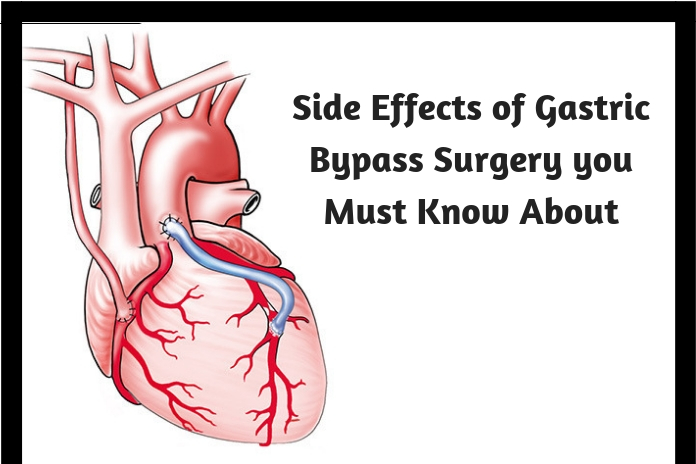An increase in obesity cases has resulted in a massive spike in the number of gastric bypass surgeries, which take place each year. This is because it is a quick solution for reducing fat. However, just like every other surgery, this too has its own set of complications. More often than not, people undergoing the surgery do not acquaint themselves with the associated risks before committing themselves to such a surgery.


In simple terms, a gastric bypass surgery which is done by many heart hospitals in Delhi involves sealing a major portion of the stomach and leaving a small section open. As a significant part of the small intestine is not included in the digestion after the surgery, few calories are absorbed. As the digestive process undergoes a lot of changes, there are many side effects associated, a few of which are as follows –
Hypoglycemia
One of the most significant effects of bypass surgery is hypoglycaemia, which means an excess of insulin and lack of sugar in the bloodstream. This imbalance leads to severe medical conditions. The solution for hypoglycaemia is to eat proteins and slow-acting carbohydrates so that more blood glucose is produced. This, however, causes issues in patients who have undergone gastric bypass surgery as the amount of food they can ingest is limited
Changes in eating pattern need to be made to tide over this issue. Medication can also prove to be a boon. In severe cases, the pancreas is completely removed to cut down the amount of insulin which the body produces.
Dumping Syndrome
Hypoglycaemia might be the side effect of bypass surgery, but according to heart hospitals in Delhi, the former is caused by what is known as dumping syndrome. In this syndrome, a large portion of undigested food gets passed into the small intestine. This happens because the functional part of the stomach gets significantly downsized. While some patients feel the effects immediately, for others, it can take up to 3 hours.
Some of the common side effects of dumping syndrome include diarrhoea, extreme nausea, and painful abdominal cramps.
Gallstones
More than 30 per cent of the individuals who undergo bariatric surgery experience gallstones, which can be very painful. Gallstones are formed due to rapid weight fall and lumps of cholesterol, and other substances get accumulated in the gallbladder. Those individuals whose weight is high often complain of gallstones. This happens because the body produces more level of cholesterol that can be dissolved by the body. While this is not a very severe side effect, but in extreme cases, complete removal of the gallbladder or cholecystectomy is recommended.
Incontinence
This is another side-effect of gastric bypass surgery. It is one of the effects of dumping syndrome and can also happen because of an underlying issue of incontinence which the patient was unaware of. The problem can increase considerably for those who had issues of incontinence before surgery. Faecal incontinence may not have serious medical implications but can take a heavy toll on the emotions of a patient.









